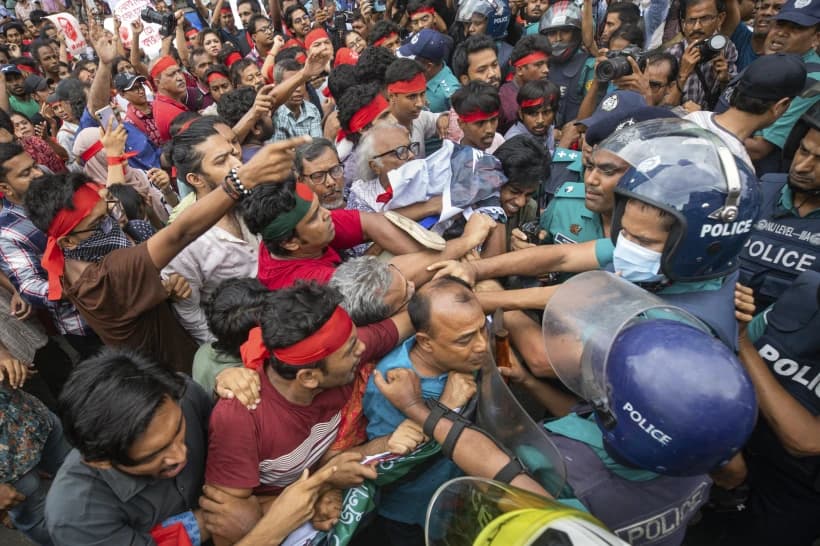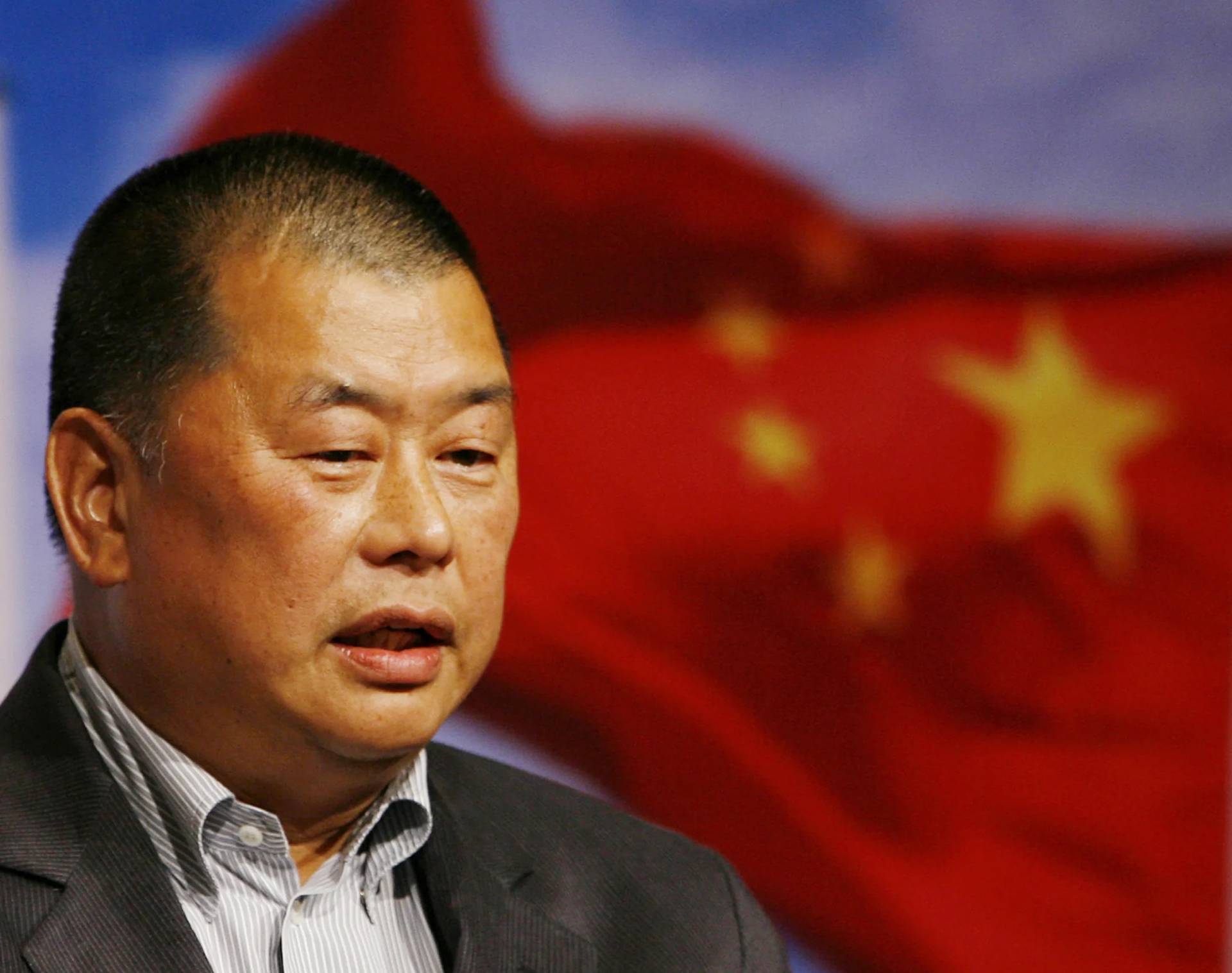MUMBAI, India – Prime Minister Sheikh Hasina of Bangladesh has fled the country in the face of defiant public demand for her resignation.
Nobel laureate Muhammad Yunus – a longtime political opponent to Hasina – has been named the country’s interim leader.
Yunus is famous for his pioneering use of microloans to impoverished women, but was on bail appealing against a six-month jail term in what he has called a politically-motivated case.
The protests against the Haina government began in early July with demands from university students to abolish quotas in civil service jobs but grew larger into a broader anti-government movement.
The controversial quota system provided for 30 percent reservations in civil services jobs for the families of veterans who fought the 1971 liberation war, when Bangladesh gained its independence from Pakistan.
The students demanded a merit-based system, deeming the current unfair and biased.
More than 400 people have been reported killed in clashes between government forces and protesters – mostly civilians shot by police.
Hasina had labelled the protesters as criminals to be dealt with harshly, leading to a severe erosion of political trust. When Hasina offered to meet with student leaders on Saturday, however a coordinator refused.
Anti-government sentiment spread rapidly and Sunday marked the deadliest day in Bangladesh’s history of civil unrest, clashes in Dhaka resulted in at least 95 deaths, including 14 police officers, and left hundreds more injured, according to local media outlet Prothom Alo.
On Monday, thousands of protesters defied a military curfew marched towards Gonobhobon, Hasina’s official residence, top defence officials gave her just 45 minutes to pack up and leave.
Hasina’ resigned on August 5, with plans to go to London, according to sources.
Cardinal Patrick D’Rozario, Archbishop Emeritus of Dhaka, said Christians have been praying “for many days and I feel what has happened is God’s Will – good or bad, He knows everything.”
“I appeal for peace, calmness, and no revenge and the rights of minorities which is already mentioned by the new administration may be respected,” he told Crux.
“I appeal to people to respect human beings, respect citizens of the country, respect people of other religions … This too is mentioned by the new administration, and I support it,” he continued.
“Our prayers are for justice Harmony and for no discrimination- this was what was being demanded for the past three weeks. We pray that discrimination may not be perpetuated in any form. We pray for those who sacrificed their lives, those who were killed and we pray the caretaker government. God bless our country,” the cardinal told Crux.
The decision to name Yunus as chief adviser of the interim government came after a meeting between President Mohammed Shahabuddin, military leaders and student leaders.
“When the students who sacrificed so much are requesting me to step in at this difficult juncture, how can I refuse?” Yunus said.
He is returning to Dhaka from Paris where he is undergoing a minor medical procedure, his spokesperson said.
Caritas Bangladesh offices based in Khulna, South West Bangladesh, were reported attacked during the protest.
Janet Symes, Head of Region for Asia for the English Catholic charity CAFOD, said the recent unrest in Bangladesh has led to minorities being targeted.
“Our partner’s offices were ransacked and occupied by protestors. Thankfully, no one was harmed. We urge the Bangladeshi President, interim leaders, and the international community to restore law and order and respect private property,” she said in a statement.
“CAFOD has worked in Bangladesh for over 40 years, working through partners to support local communities and respond to emergencies such as the Rohingya Crisis. We pray for peace and a swift resolution to the unrest,” she said.












